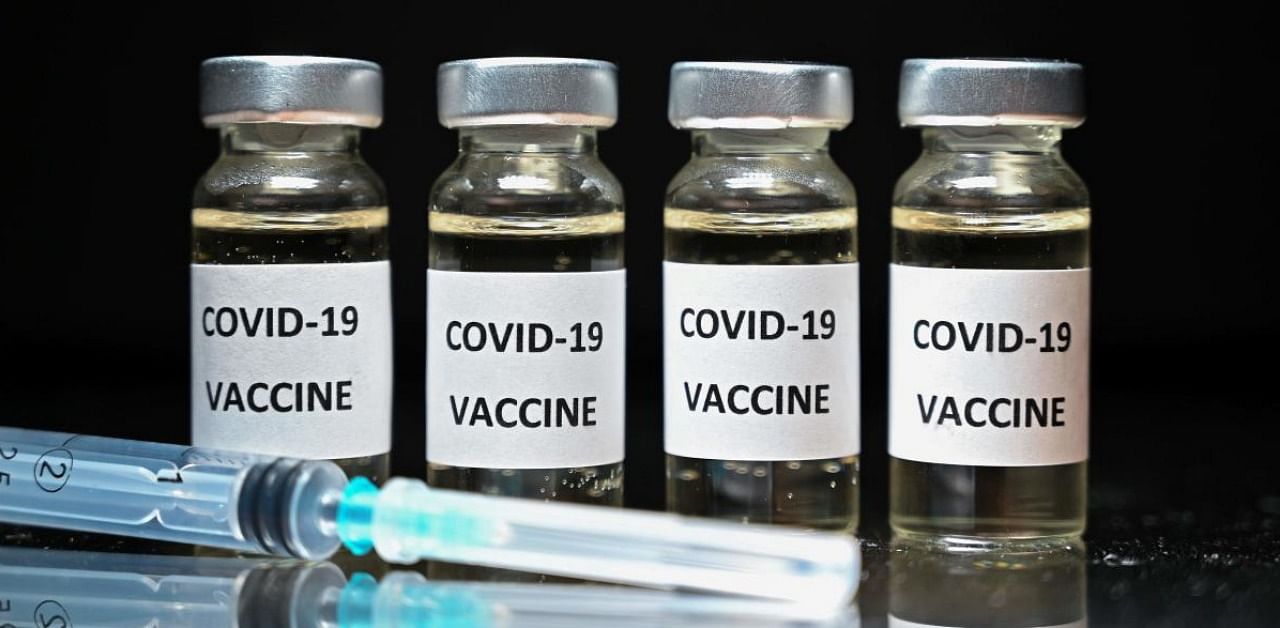
The recent discovery of a mutation of the coronavirus, called N501Y, first in the UK and later in some other countries, has caused renewed concern over the Covid-19 pandemic at a time when its spread was considered to be slowing down in some parts of the world, including in India, and the vaccination process has started in a few countries. Mutations occur frequently in RNA viruses because of their tendency for adaptation and survival as an evolutionary tactic. Some of them fall behind, others get by. The new UK strain has spread fast in some parts of that country such as South-East England and London, and has higher transmissibility and infectibility. It is not considered to be more virulent, but its ability to provoke immune response and other characteristics are still being studied. It is considered unlikely that it will not be responsive to the vaccines that have been developed and are being rolled out.
Many countries, including India, have stopped flights from the UK as a precautionary measure, as in the early stages of the spread of the coronavirus. Some persons who have recently arrived from that country have been identified, isolated and quarantined. The variant has been detected in some of them. It is unfortunate that some of those who have returned from the UK have not cooperated with the authorities in this. Since it is said the mutated virus may have been circulating in the UK since October, it is likely that it is already in circulation in India, carried by people who have arrived from there since then. All those who have come to the country in the last few weeks from the UK should voluntarily get tested in public interest and for their own sake. India will now have to step up its facilities for genome sequencing in order to identify the new variants of the virus.
At the same time there is also good news about the Oxford University-AstraZeneca vaccine Covishield, which is manufactured in India by Serum Institute, getting regulatory approval in the UK. In India, too, the expert panel has given its approval for emergency use of Covishield. It is likely to be the vaccine most used in India because it suits the country’s needs and circumstances best. The government has started putting in place the physical, technical and human infrastructure for the country’s most ambitious mass immunisation programme. A dry run to assess the readiness and fix any likely problems has been conducted in four states. A vaccination protocol has been evolved and the plan is to cover 300 million people in the first phase. But there is no reason for complacency. No one should lower the guard and go lax on the protocol because the virus is still in the air everywhere.